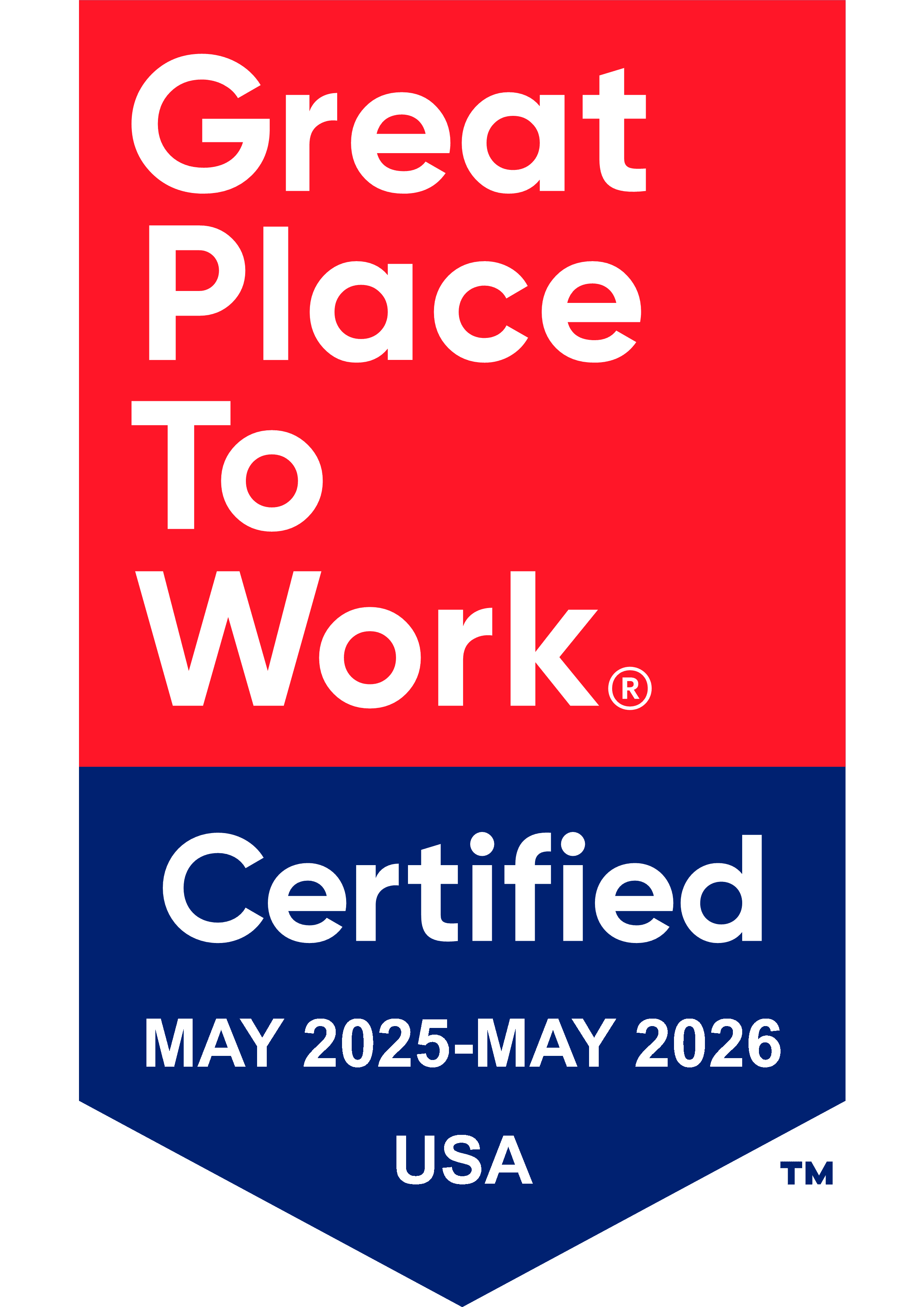This guest blog post was written by Smart Approaches to Marijuana (SAM) CEO Kevin Sabet, Ph.D. Learn more about SAM.
My upcoming book, Smokescreen: What the Marijuana Industry Doesn’t Want You to Know, is not about whether marijuana is good or bad, or whether legalization is good or bad. People know where I stand on those issues. Instead, I dug deeper here and examined the inside story behind the headlines. What I found astounded me, even though I’ve been doing this for a long time. It’s incredible how rampant the marijuana industry is running without proper oversight.
Many people, even prevention advocates, don’t realize that “regulated” marijuana does not mean it’s safe. They haven’t heard from people like Jan, a former Colorado pot regulator, who told me in detail about how she was slow rolled when trying to expose abuses among pot operators. They haven’t heard from the lab owner I spoke with who told me the THC levels often advertised by weed companies are wildly inaccurate.
The stories from these insiders really underscore the fact that we are working with the second coming of Big Tobacco; yet another addiction-for-profit industry that will do anything to put its interests above all else. My hope is it won’t take as long for people to realize that the marijuana industry, already in bed with tobacco and alcohol companies, is making the same play as these titans of addiction: exploiting our youth and endangering people with a mind-altering product that indisputably threatens our health and lives. We can put protections in place now, but we have to know who we are dealing with.
I think a lot of folks in our field are aware of how marijuana use is associated with negative outcomes for health, but perhaps unaware as to how the marijuana industry and its promoters operate. I believe the book overall will help guide those working at the community level to be better able to communicate the harms of marijuana use and the pitfalls of legalization—as sort of an early warning for communities thinking of adopting the policy.
Smart Approaches to Marijuana (SAM) works to combat marijuana legalization in a myriad of ways. Chiefly, we work to educate folks at the local level on the harms of marijuana legalization, commercialization and normalization. Then we empower them to take their new-found knowledge and take it to their local communities, coalitions and representatives in the various forms of government. From there, we also work to educate lawmakers at all levels—from town councils all the way up to the President of the United States—on these same issues. In conjunction with this, we also work to help educate members of the media on how their coverage of the marijuana issue must address the negative outcomes of legalization.
At SAM, we believe that science and data, not polls and philosophies, must drive drug policy in our country. For too long, we have let the industry and its PR firms run fast and loose with the truth and have left facts and data by the wayside. Having solid data on marijuana, especially today’s high potency marijuana, is crucial for the future of policy development. For that reason, helping to pass a bill to expand research options on marijuana at the federal level is among our legislative priorities for this year.
No CADCA’s upcoming National Leadership Forum I’ll be participating in a Learning Lab session on Monday, February 1, where I’ll talk about some of the highlights from my new book and why I felt it was so important to write.
CADCA was one of my first loves. I was part of a coalition before they were called coalitions. I was introduced to CADCA in the mid 1990s and it’s been a great relationship ever since. People in the White House used to call me “Kevin CADCA” in meetings because of how I stuck up for prevention. It was a badge of honor.
With this ever-changing public health challenge that we’re faced with on a daily basis, it’s imperative that prevention professionals continue to collaborate on best practices and coordinated solutions that affect every sector within our communities. CADCA events provide these trainings and programs that our prevention professionals can take back home and immediately implement into their community programs.
I would like to personally thank all the prevention professionals for their tireless work in this field. I’m very honored to be working alongside each and every one of you. I would also like to thank CADCA and General Price for welcoming me to this year’s National Leadership Forum and allowing me to promote Smokescreen.
Pre-order Smokescreen: What the Marijuana Industry Doesn’t Want You to Know today at smokescreenbook.com.


